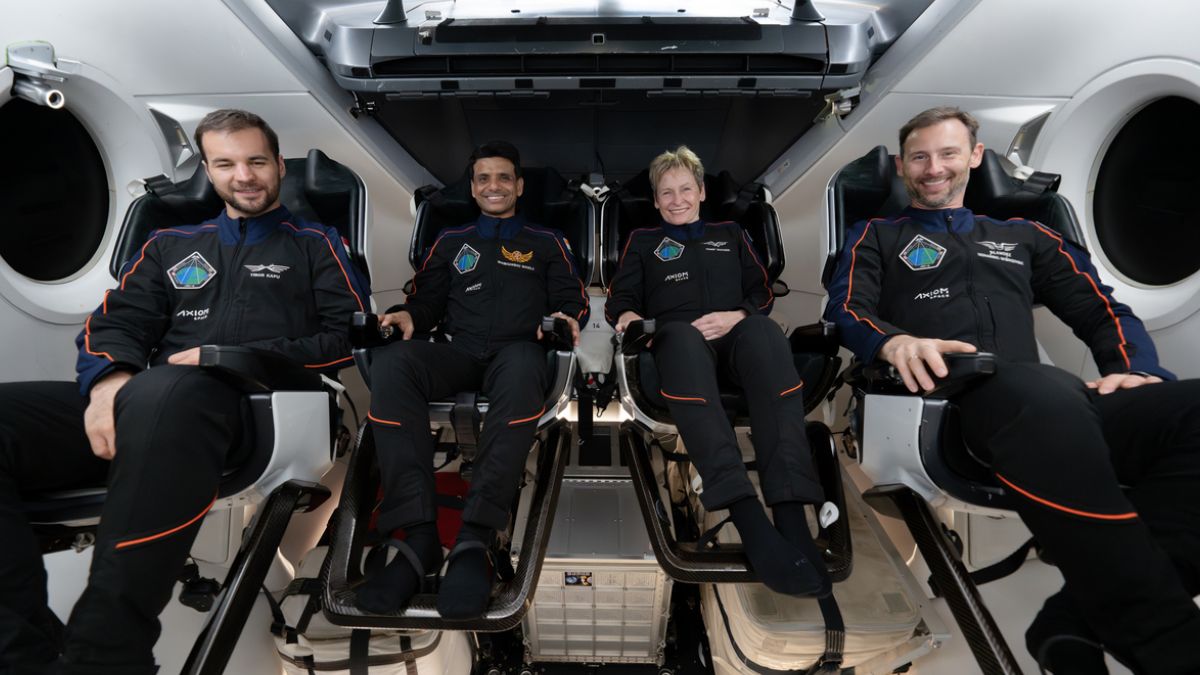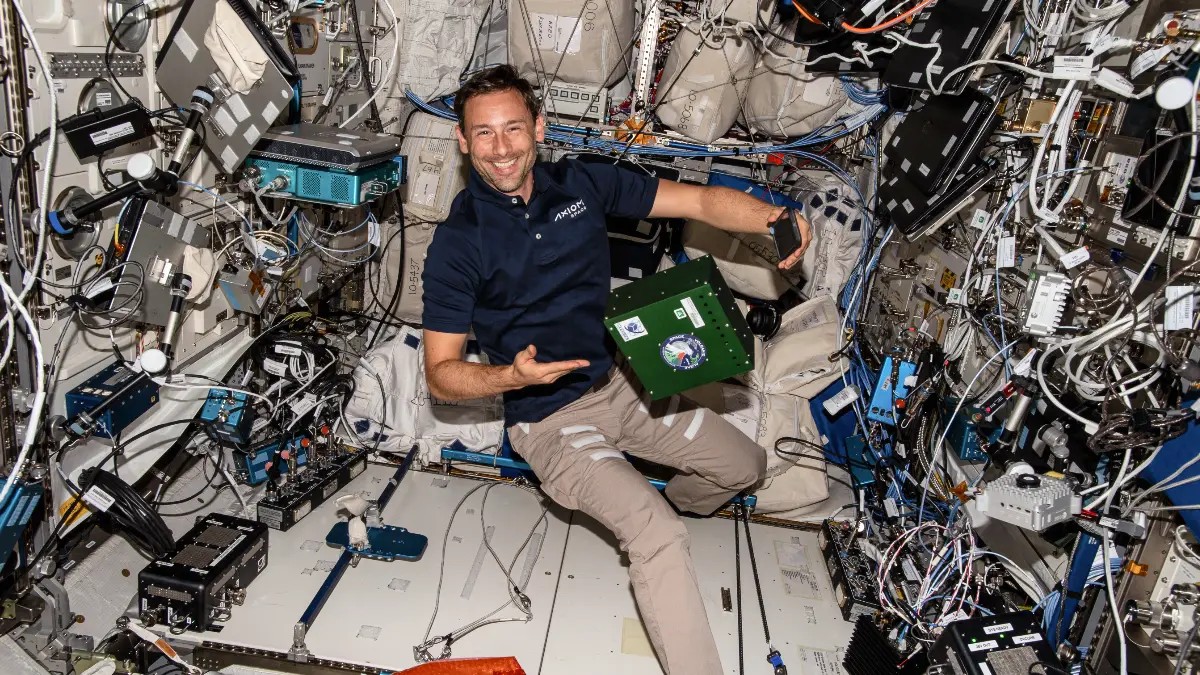Donald Trump has hinted that the UK will know "pretty soon" whether tariffs on British steel imports will increase to 50 per cent. The US President made the comments during a meeting with Sir Keir Starmer (Labour) on Monday, suggesting a decision on steel tariffs is imminent.
The outcome remains uncertain as tariffs on British steel could be eliminated entirely, stay at the current 25 per cent level, or rise significantly. Trump told journalists that America wants to "make our own steel" when pressed about the timeline for any changes.
Trump signals imminent decision
"We're gonna know pretty soon, we're gonna have it pretty soon," Trump said when asked about reducing steel tariff costs. He described British negotiators as "tough" whilst emphasising America's intention to become more self-sufficient in steel and aluminium production.
"These people are tough negotiators, OK. We're a big buyer of steel, but we're going to make our own steel and we're going to make our own aluminium for the most part," the President added. He acknowledged that the US still purchases significant quantities of both materials from the UK.
Economic prosperity deal discussed
Following the meeting, Downing Street said the leaders discussed the "economic prosperity deal" reached earlier this year to ease US tariffs on Britain. A spokesperson confirmed both leaders recognised the benefits for working people in both countries and agreed to strengthen their economic relationship further.
The UK and US signed a trade deal in June that reduced tariffs on car and aerospace imports to America. However, no similar arrangement was reached for British steel imports, leaving the 25 per cent tariffs in place.
Steel negotiations face obstacles
American concerns over steel products manufactured elsewhere but finished in the UK remain among the key sticking points in negotiations. These issues have complicated efforts to reach a comprehensive agreement on steel tariffs.
Business Secretary Jonathan Reynolds (Labour) had suggested Monday's meeting alone might not resolve the steel tariff issue. Speaking on BBC Breakfast, he said negotiations have continued "on a daily basis" since the June breakthrough on automotive and aerospace sectors.
"We always said it was job saved, but it wasn't job done. There's more to do," Reynolds explained. He highlighted that steel and aluminium remain unresolved sectors, alongside broader discussions about what the US calls "reciprocal tariffs".
(PA/London) Note: This article has been edited with the help of Artificial Intelligence.





